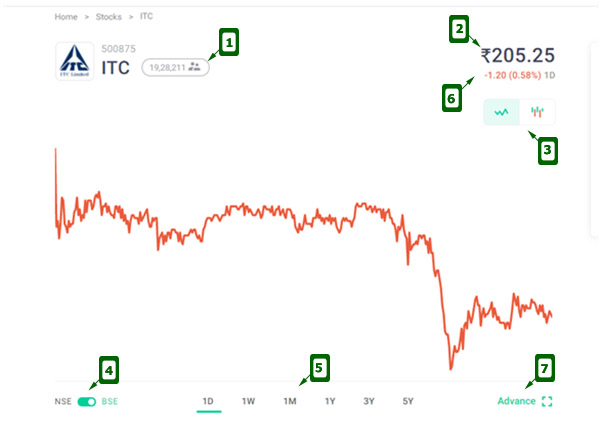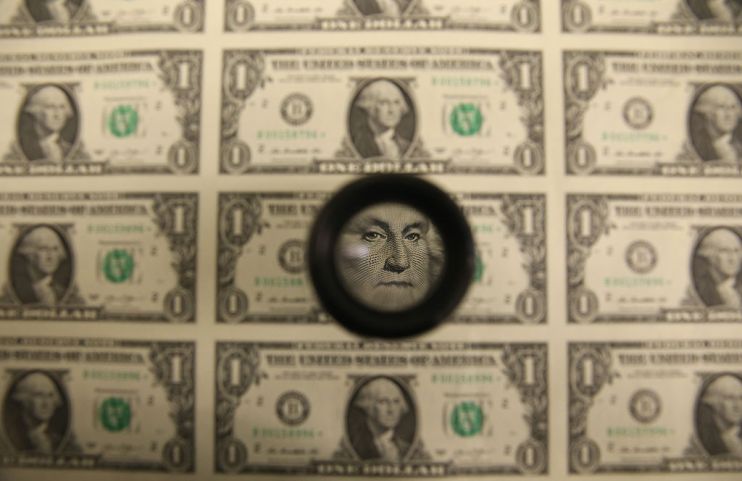The number of American households that were unbanked concluding year dropped to its lowest level since 2009, a dip due in office to people opening accounts to receive financial help during the pandemic, a new report says.
Roughly 4.5% of U.S. households – or v.nine million – didn’t have a checking or savings business relationship with a bank or credit union in 2021, a tape low, according to the Federal Eolith Insurance Corporation’s most recent survey of unbanked and underbanked households.
Roughly 45% of households that received a stimulus payment, jobless benefits or other government assistance afterwards the start of the pandemic in March, 2020 said those funds helped compel them to open an account, co-ordinate to the biennial report which has been conducted since 2009.
“Rubber and affordable bank accounts provide a way to bring more Americans into the banking system and volition continue to play an important role in advancing economic inclusion for all Americans,” FDIC acting chairman Martin J. Gruenberg said in a argument.
A lack of cyberbanking options delayed some households from getting federal payments aimed at helping the state atmospheric condition the economic fallout from the COVID-19 wellness crisis.
Battle against predatory lending:Mississippi social justice firm fights payday ‘predatory lending’ in low-income communities
Checks arrived late for some of the unbanked:For ‘unbanked’ Americans, pandemic stimulus checks arrived slowly and with higher fees. Only that could change.
The FDIC initiated an educational campaign to get more Americans to open an account to enable the direct deposit of those funds. And banks such equally Majuscule One and Marry Fiscal ended overdraft and other fees that have been a key bulwark to some Americans accessing the cyberbanking system.
What does it mean to be unbanked?
A household is deemed unbanked when no one in the home has an account with a bank or credit union. That share of households has dropped by near one-half since 2009. And since 2011, when 8% of U.S. households were unbanked, the highest since the first of the survey, and the record depression reached in 2021, roughly one-half of the drib was due to a shift in the financial circumstances of American households the FDIC says.
Who are the underbanked?

Those who have a checking or savings account, simply likewise use fiscal alternatives like check cashing services are considered underbanked. The underbanked represented xiv% of U.S. households, or eighteen.seven million, last year.
Why are people unbanked or underbanked?
Many of those who are unbanked say they tin can’t afford to have an account because of the fees for insufficient funds and overdrafts that are tacked on when account balances fall short. Roughly 29% said fees or not having the required minimum remainder were the primary reasons they didn’t accept a checking or savings account, as compared to 38% who cited those obstacles in 2019.
Are some groups more likely to be unbanked?
The numbers of the unbanked were greater among households that included those who were working age and disabled, lower income, included a single mother, or were Black or Hispanic. Among white households for instance, 2% didn’t take a banking concern account last year as compared to xi% and 9% of their Blackness and Hispanic counterparts.
Meanwhile, nearly 15% of households with a working age member who had a disability were unbanked compared to almost 4% of other households. And nigh xvi% of households with a single female parent were unbanked as compared to virtually 2% of married couples who lacked an account.
“These gaps attest there’s still a lot of opportunity to expand participation across the population in the banking arrangement,” Keith Ernst, Associate Director of Consumer Research and Examination Analytics at the FDIC, said during a media call nearly the written report.
Will the number of unbanked rise if the U.Southward. has a recession?
Maybe.
“During the final recession unbanked rates did indeed go up,” Karyen Chu, main of the Cyberbanking Enquiry Section at the Center for Financial Research, said during the phone call.
Additionally, last yr, homes where the head of household was out of work were about five times more probable to not have a banking company business relationship every bit compared to those where the household head was employed.
Recession predictions 2023:Is a recession inevitable in 2023? Hither’s what experts are saying.
“To the extent that income goes down … that has generally been associated with increases in unbanked rates,’’ Chu said.
Follow Charisse Jones on Twitter @charissejones
Source: https://www.usatoday.com/story/money/2022/10/25/unbanked-record-low-america-fdic/10595677002/
 RosyandBo.com Trusted Information and Education News Media
RosyandBo.com Trusted Information and Education News Media



